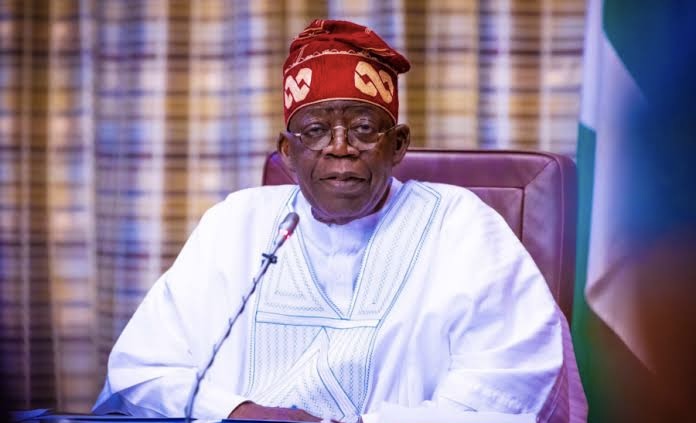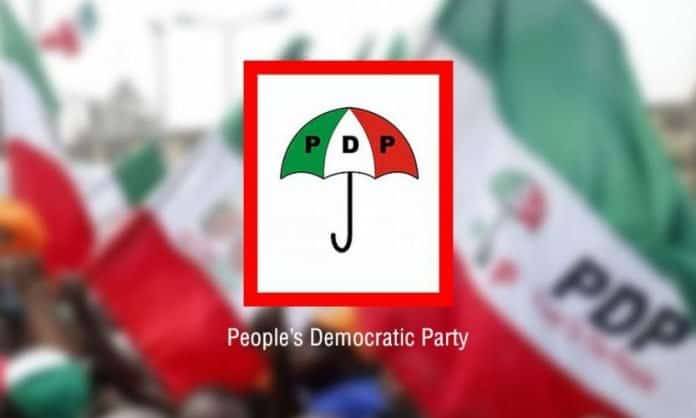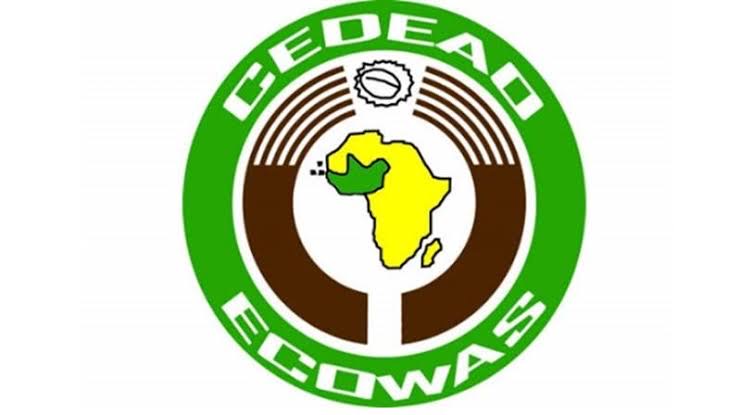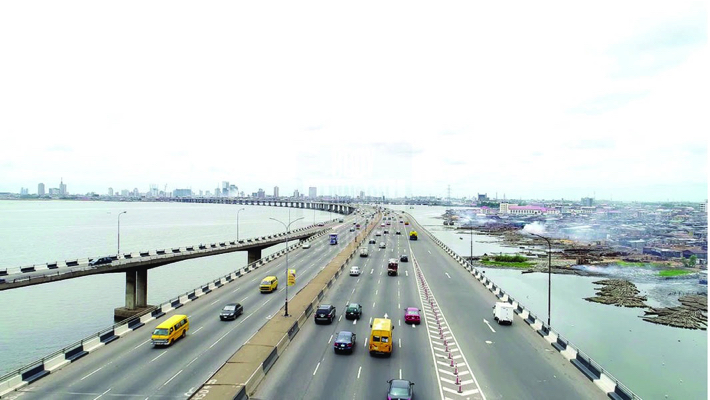Nigeria’s economy under Buhari worse than 10 years ago: World Bank

The World Bank has again noted that Nigeria’s economy under the Muhammadu Buhari administration is worse than 10 years ago.
These findings are contained in its flagship report for 2022, titled ‘Global Economic prospect’.
“The pandemic has reversed at least a decade of gains in per capita income in some countries—in almost a third of the region’s economies, including Angola, Nigeria, and South Africa, per capita incomes are forecast to be lower in 2022 than a decade ago,” the report said.
The report added that the hike in food prices could amplify the negative impact of increased poverty on economic growth, noting nearly 110 million people in countries like Nigeria, the Democratic Republic of Congo, Ethiopia, and South Sudan had been in situations characterised by food crises.
The report also mentioned that disruptions to the supply chains or armed conflicts could contribute to surges in food prices, leaving vulnerable groups suffering the most.
“Further rise in food prices would squeeze households’ purchasing power and erode consumer confidence, causing more subdued growth and hindering poverty reduction,” the report stressed.
The findings from the global bank corroborate a study published by the Economic Community of West African States (ECOWAS), which revealed that many people living on less than $1.90 a day had jumped from 2.3 per cent to 2.9 per cent in 2021, and the debt burden of countries increased amid slow economic recovery, shrinking fiscal space and weak resource mobilisation.
Last year, the global bank had heavily criticised Mr Buhari’s fiscal policies, noting the negative effect of Nigeria’s Central Bank exchange rate policies on investments and fuel inflation.
However, the World Bank predicts that Nigeria’s economy will grow by 2.5 per cent in 2022, as it will benefit from an increase in oil prices, a gradual easing of the Organisation of the Petroleum Exporting Countries (OPEC) production cuts, and other domestic regulatory reforms.
We have recently deactivated our website's comment provider in favour of other channels of distribution and commentary. We encourage you to join the conversation on our stories via our Facebook, Twitter and other social media pages.
More from Peoples Gazette

Politics
Katsina youths pledge to deliver over 2 million votes to Atiku
“Katsina State is Atiku’s political base because it is his second home.”

NationWide
Nigeria positioned to power clean energy Future: Tinubu
Mr Tinubu expressed his firm commitment to improve the developmental partnership between the European Union and Nigeria.

Africa
Benin, Liberia, Sierra Leone roll out malaria vaccines
With the announcement on World Malaria Day, the number of African countries incorporating the vaccines into their childhood immunisation programmes increased to eight.

NationWide
Group urges FG to decongest custodial centres after Suleja jailbreak
”We also call on the public to pay more attention to issues concerning corrections in Nigeria.”

Politics
PDP unveils 200-member campaign council for Edo 2024 guber election
The advisory council has seven eminent members of the state.

Africa
ECOWAS moves to tackle drug abuse in Sierra Leone, other countries
ECOWAS said the workshop was also to support efforts to tackle drug abuse and provide resources and strategies for member states, particularly Sierra Leone.

Lagos
FG to resume resurfacing of Third Mainland Bridge: Official
She said that the exact dates for the renewed construction would be announced soon.








